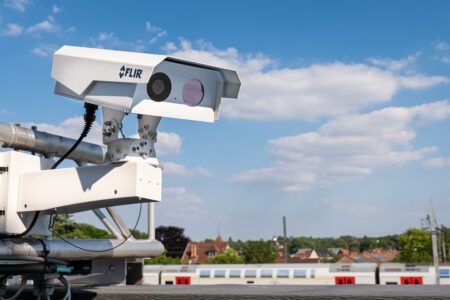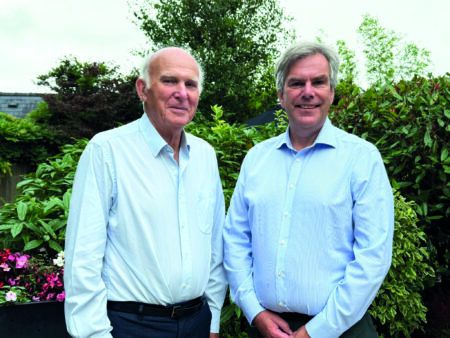A newly-developed AI system capable of pinpointing a device’s location in dense urban areas without relying on GPS has been developed by researchers at the University of Surrey.
Narrowing down localization errors from 734m to within 22m, the innovation could be a significant step forward for technologies such as self-driving cars and aid delivery vehicles.
In a paper published in IEEE Robotics and Automation Letters, researchers describe PEnG (Pose-Enhanced Geo-Localisation), a technology that combines satellite and street-level imagery to determine location using only visual data. In environments where GPS signals are weak or obstructed, such as tunnels, cities like New York, or regions with poor connectivity, PEnG offers a reliable and precise alternative for navigation, the researchers found.
Tavis Shore, postgraduate researcher in AI and computer vision at the University of Surrey, said, “Many navigation systems depend on GPS, but coverage isn’t always guaranteed. Our goal was to develop a solution that works reliably using only visual information. By combining satellite and ground-level imagery, PEnG achieves a level of accuracy previously thought unachievable without GPS – and could help unlock new possibilities for autonomous vehicles and smart navigation tools.”
Unlike previous methods, which are limited by how often satellite images are sampled, PEnG uses a two-step process – first narrowing down the location at street-level, then refining it using relative pose estimation, a technique that analyses exactly where a camera is and which way it is facing. The system delivers high accuracy even when using standard monocular cameras found in most vehicles.
Dr Simon Hadfield, associate professor (reader) in robot vision and autonomous systems at the University of Surrey and primary supervisor on the project, added, “One of the most exciting aspects of this system is how it turns a simple monocular camera into a powerful navigation tool. PEnG is designed to operate without GPS, making it ideal for fast-moving, unpredictable scenarios. That kind of flexibility is exactly what’s needed for the next generation of autonomous vehicles and robotics operating in challenging environments.”
Shore and his team are now focused on building a working prototype, supported by the University of Surrey’s PhD Foundership Award, which funds early-stage development of the proposed GPS-free navigation device.
The research has been released as open source to support future innovation in navigation technologies.





